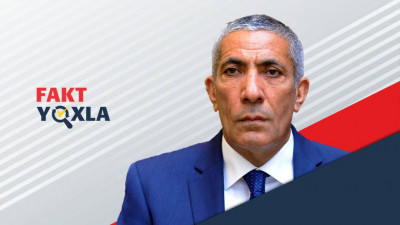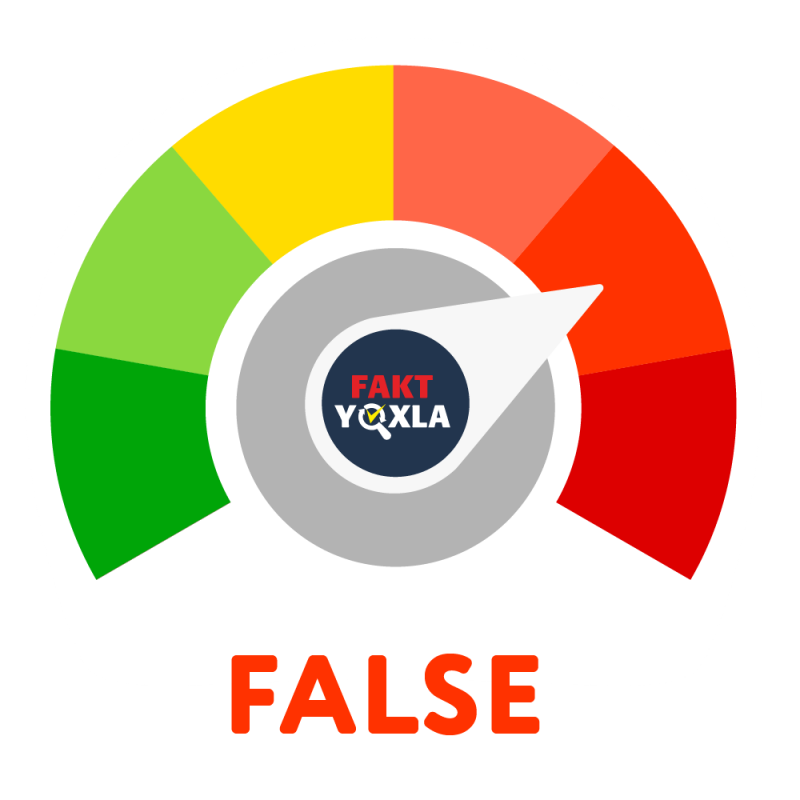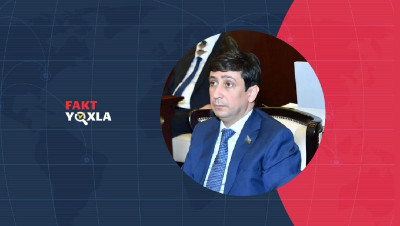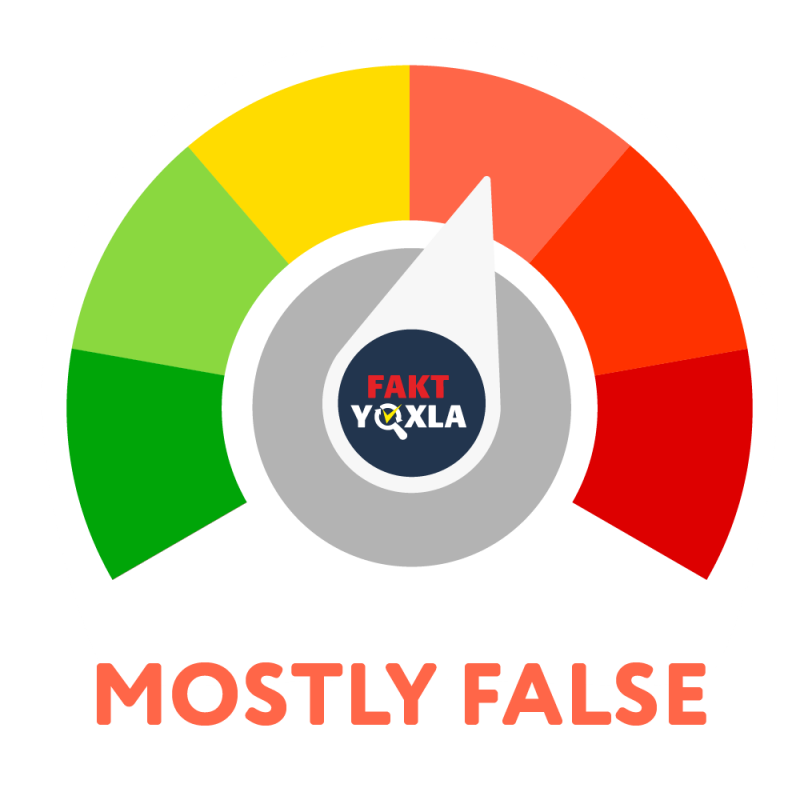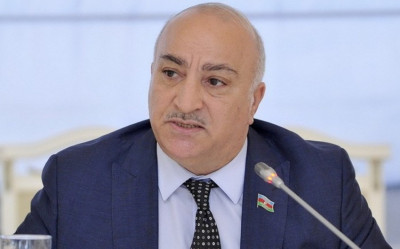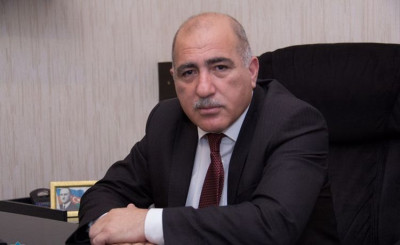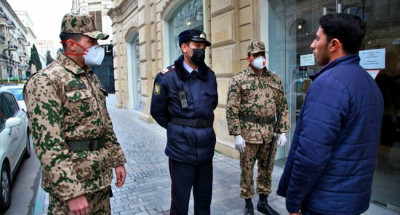In an article published on the website oxu.az on World Press Freedom Day, Agshin Karimov claimed that the rights and freedoms of journalists are protected by law in Azerbaijan.
The author stressed that there are separate laws to protect these rights.
Based on this claim, Fakt Yoxla examined whether there were norms in Azerbaijani legislation restricting the rights and freedoms of journalists.
According to Article 50 of the Constitution, everyone is free to legally seek, receive, impart, produce, and disseminate any information.
State censorship in mass media, including the press is prohibited.
However, in recent years, significant amendments, which restricted the rights and freedoms of journalists, have been made to the sectoral legislation.
The Law on Mass Media, adopted in 1999, has been amended a total of 29 times in recent years. Most of these amendments were of a restrictive nature. For example, according to an amendment made in December 2014, the Ministry of Justice may file a lawsuit to terminate the production and distribution of mass media outlets that have been prosecuted twice a year for biased reporting by court order.
About a year after the events in Nardaran, the Law on Mass Media was amended to censor the activities of journalists in the fight against religious extremism.
Article 7 of the law states that the activities of mass media workers in the area of a special operation against religious extremism are determined by the body conducting the operation. Information on a special operation against religious extremism is provided to the public in the form and volume determined by the body conducting the operation.
With another addition made to this article in May 2018, a legal basis has been created for censoring the mass media during a state of emergency and martial law. Moreover, norms were added to Article 11 of this law, which restricted the activities of the mass media in connection with court proceedings.
In 2017, the addition of Chapter III to the Law on Information, Informatization, and Protection of Information and amendments to the Law on Telecommunications gave the state body the right to block access to electronic resources within the country, officially, sometimes even without a court decision.
The Law on Access to Information has been amended 27 times since 2005.
Most recently, Article 30.1 of this law was amended. Previously, the law required agencies to post financial information on their websites. However, after the amendment, the annual financial activities of information owners, information on the use of funds from the state budget are disclosed not directly through the website, but on the basis of rules established by the Cabinet of Ministers. The law states that the confidentiality of information is subject to administrative liability.
The Code of Administrative Offenses provides for a fine for this. Although almost five years have passed since the entry into force of the Code, the mechanism of implementation of these provisions has not been determined. It is not known to whom the authority to draw up a report on administrative offenses was given if the official did not inform the journalist.
Another amendment that provides for the application of censorship on Internet resources is related to articles of slander and insult (147, 148) in the Criminal Code. These articles contradict Azerbaijan's commitments to the Council of Europe. Despite the objections of international organizations, these articles have not been removed from the Criminal Code but instead, they have been tightened.
So, according to Article 148-1 added to the Criminal Code in November 2016, slander or insult by using fake usernames, profiles, or accounts in the Internet information resources is punishable by a fine of 1,000 to 2,000 AZN or community service for 360 to 480 hours or correctional labor for up to 2 years or imprisonment for up to 1 year
In August 2016, the Resolution of the Cabinet of Ministers No. 279 entitled "Rules for coordination of business trips of journalists to the frontline zone with the Ministry of Defense" came into force. According to this resolution, business trips of mass media representatives violating the rules of business trips are suspended and their accreditation is revoked. However, Article 71 of the Constitution states that no restrictions may be imposed on the mass media without declaring martial law.
According to Article 148 of the Constitution, the laws adopted by the parliament are the third among the normative acts included in the legislative system, and the resolutions of the Cabinet of Ministers are the fifth. However, when sending journalists to the front line, the Resolution of the the Cabinet of Ministers is taken as a basis, not the law.
After the official abolition of censorship during the adoption of the Law on Martial Law in February 2017, the provisions on the application of censorship were returned to the legislation.
In 2018, in another amendment to Article 7 of the Law on Mass Media, it was decided to censor the media when declaring martial law.
It is clear from the above cases that the legislation of Azerbaijan is not protective but restrictive in terms of the rights and freedoms of journalists.
Article 71 of the Constitution states: “Rights and freedoms of man and citizen may be partially and temporarily restricted in time of war, martial law, and state of emergency, as well as mobilization, subject to the international obligations of the Republic of Azerbaijan.”
Thus, the restrictions on freedom of the press in many cases contradict Azerbaijan's international obligations and are of full and permanent nature. This shows that restrictive norms do not serve a legitimate purpose.
Fakt Yoxla concludes that journalist Agshin Karimov’s claim is False.




